When we talk about play, people naturally think about young children, however all children and young people should have the opportunity to play every day.
Play is important for the early stages of brain development and playing with your child can help build relationships for later life. But no matter what age we are, play helps to develop important skills for learning, life and work.
Encouraging play is one of the best things you can do for your child, whatever their age, and it’s free.
What is play?
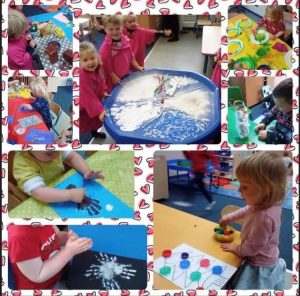 Free play is what happens when children and young people follow their own ideas and interests in their own way, and for their own reasons. They can do this on their own or with others. It can happen inside or outside. Children and young people should be given the choice of how and when they play. Play is just as important for your teenager as it is for your baby or young child.
Free play is what happens when children and young people follow their own ideas and interests in their own way, and for their own reasons. They can do this on their own or with others. It can happen inside or outside. Children and young people should be given the choice of how and when they play. Play is just as important for your teenager as it is for your baby or young child.
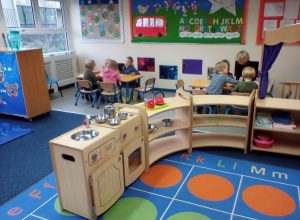 There is lots of information available about the health and wellbeing benefits of play. Active play helps to build strong bones and muscles. Children and young people explore their feelings through play, and this can help them build resilience and cope with stress.
There is lots of information available about the health and wellbeing benefits of play. Active play helps to build strong bones and muscles. Children and young people explore their feelings through play, and this can help them build resilience and cope with stress.
Play is how young children make sense of the world. There is also evidence to show that play in early childhood can influence the way your child’s brain develops, helping to co-ordinate their mental and physical capabilities. Through play, children and young people of all ages develop problem-solving skills, imagination and creativity, language and observation skills, and memory and concentration. Children and young people use play to test their theories about the world and their place in it.

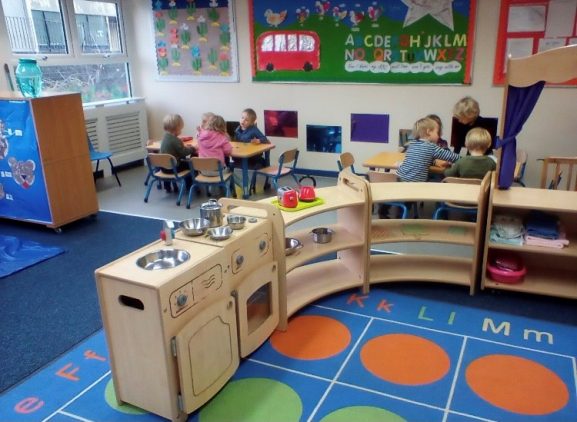
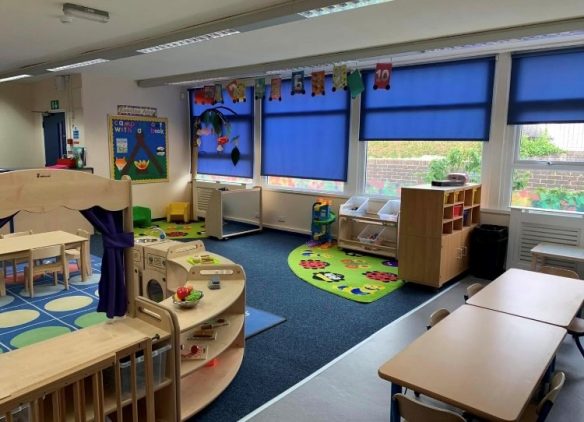
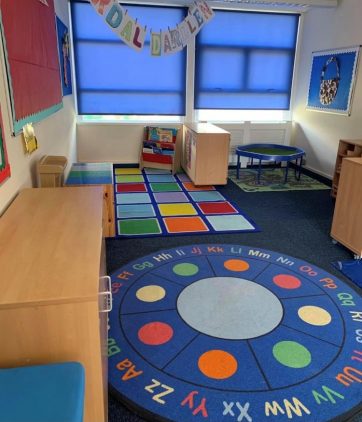
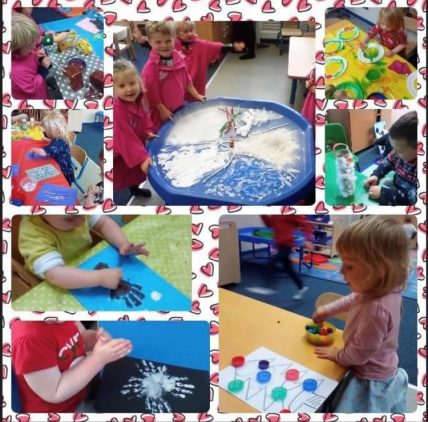
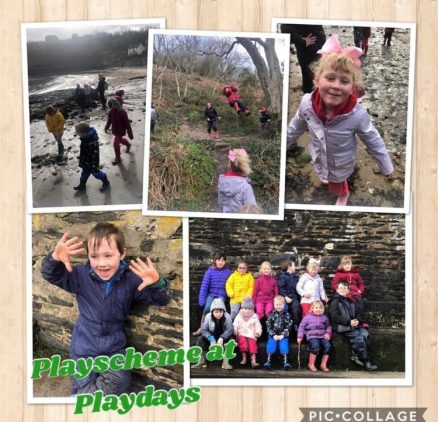
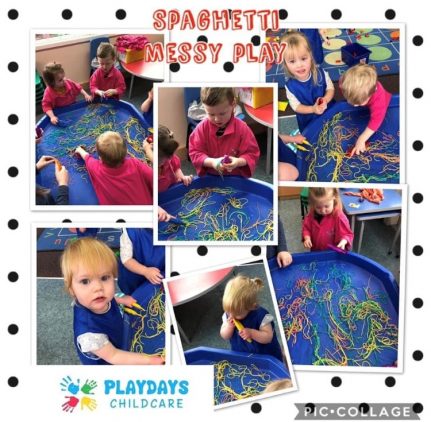
No Comments Yet